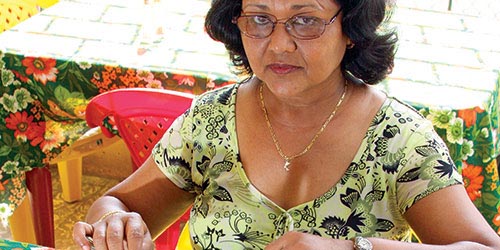While everyone agrees that a well-balanced diet is important for good health, there is still much to be learned about what constitutes “well-balanced”. At the very least, we do know that variety in the diet helps to ensure a better mix of essential nutrients.
Nutritional requirements vary from person to person and change with age. A healthy pre-menopausal woman should have about 1,000 mgs of calcium per day. A 1994 Consensus Conference at the National Institutes of Health recommended that women after menopause consume 1,500 mgs per day if they are not using hormonal replacement or 1,000 mgs per day in conjunction with hormonal replacement.
Foods high in calcium include milk, yogurt, cheese and other dairy products; oysters, sardines and canned salmon with bones; and dark-green leafy vegetables like spinach and broccoli.
In calcium tablets, calcium carbonate is most easily absorbed by the body. If you are lactose intolerant, acidophilus milk is more digestible.
Vitamin D is also very important for calcium absorption and bone formation. A 1992 study showed that women with post-menopausal osteoporosis who took vitamin D for 3 years significantly reduced the occurrence of new spinal fractures. However, the issue is still controversial. High doses of vitamin D can cause kidney stones, constipation or abdominal pain, particularly in women with existing kidney problems.
Other nutritional guidelines by the National Research Council include:
- Choose foods low in fat, saturated fat, and cholesterol. Fats contain more calories (nine calories per gram) than either carbohydrates or protein (each has only four calories per gram). Fat intake should be less than 30 percent of daily calories.
- Eat fruits, vegetables and whole grain cereal products, especially those high in vitamin C and carotene. These include oranges, grapefruit, carrots, winter squash, tomatoes, broccoli, cauliflower and green leafy vegetables. These foods are good sources of vitamins and minerals and the major sources of dietary fibre. Fibre helps maintain bowel mobility and may reduce the risk of colon cancer. Young and older people alike are encouraged to consume 20 to 30 grams of fibre per day.
- Eat very little salt-cured and smoked foods such as sausages, smoked fish and ham, bacon, bologna and hot dogs. High blood pressure, which may become more serious with heavy salt intake, is more of a risk as you age.
- Avoid or limit food and drinks containing processed sugar. Sugar contains empty calories which may substitute for nutritious food and can add excess body weight.

